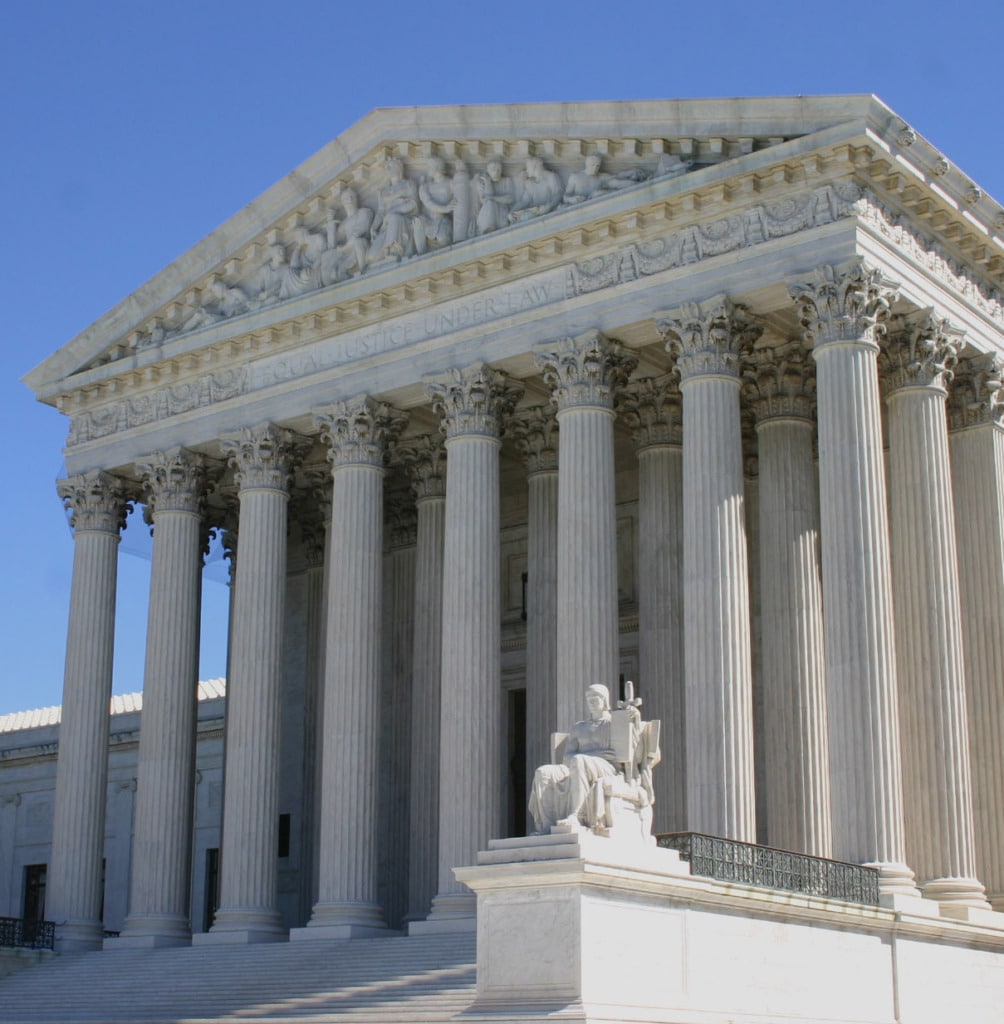Constitutional Issues in the Sudan Claims Resolution Act
District courts and the Court of Appeals for the District of Columbia have recently issued opinions addressing constitutional issues in litigation against Sudan. The United States and the Republic of Sudan signed an agreement (the Claims and Dispute Resolution Agreement) designed to improve diplomatic relations between the two countries, to promote democracy in Sudan, and…
Continue ReadingFuld: Right for the Wrong Reason
In a major decision interpreting Mallory v. Norfolk Southern Railway Co. (2023), the Second Circuit in Fuld v. Palestine Liberation Organization held that personal jurisdiction may not be established by relying on the “deemed consent” provision of the Promoting Security and Justice for Victims of Terrorism Act (“PSJVTA”). A thorough review of the decision can…
Continue ReadingSecond Circuit Rejects Consent-Based Jurisdiction over PLO
Last Friday, the Second Circuit issued much-anticipated decisions in Fuld v. Palestine Liberation Organization and Waldman v. Palestine Liberation Organization, cases brought by U.S. nationals against the Palestine Liberation Organization (“PLO”) and Palestinian Authority (“PA”) for injuries sustained during terrorist attacks in Israel. After the Second Circuit held in an earlier decision in Waldman that…
Continue ReadingSupreme Court Roundup (October Term 2022)
During its 2022 Term, which ended four weeks ago, the Supreme Court decided five cases with important implications for transnational litigation. The questions included whether the Foreign Sovereign Immunities Act (FSIA) applies to criminal proceedings; the standard for aiding and abetting under the Anti-Terrorism Act (ATA); whether states may exercise general personal jurisdiction over foreign…
Continue ReadingThe End of Yet Another Era? Some Reflections on Mallory
I was a young professor of civil procedure in 1977 when the Supreme Court decided Shaffer v. Heitner. The year after that decision came down, I wrote an article titled “The End of an Era” where I predicted the eventual demise of “tag” jurisdiction. I was proven completely wrong when the Court in 1990 decided…
Continue ReadingMallory Decision Opens New Path for Personal Jurisdiction
The Supreme Court’s decision in Mallory re-opens the door to suing foreign companies in U.S. courts over disputes that arise in other countries. It may also have significant repercussions for personal jurisdiction doctrine more broadly.
Continue ReadingSupreme Court Decides Mallory v. Norfolk Southern
For prior TLB coverage of this case, see here. The Supreme Court (finally) issued a decision today in Mallory v. Norfolk Southern, holding that Pennsylvania’s corporate registration statute, which requires out-of-state businesses to consent to all-purpose jurisdiction in Pennsylvania courts, does not violate the Due Process Clause of the Fourteenth Amendment. Justice Alito joined Justice Gorsuch’s…
Continue Reading“Tag Service” and Section 1782
[This post originally appeared at Letters Blogatory and is reprinted here with the author’s permission.] Bill Dodge has a really interesting post about a decision from the bench in an SDNY Section 1782 case, In re Fourworld Event Opportunities Fund. Decisions like this are from the darkest corner of the legal dark web. They are not published. They are not available…
Continue Reading





